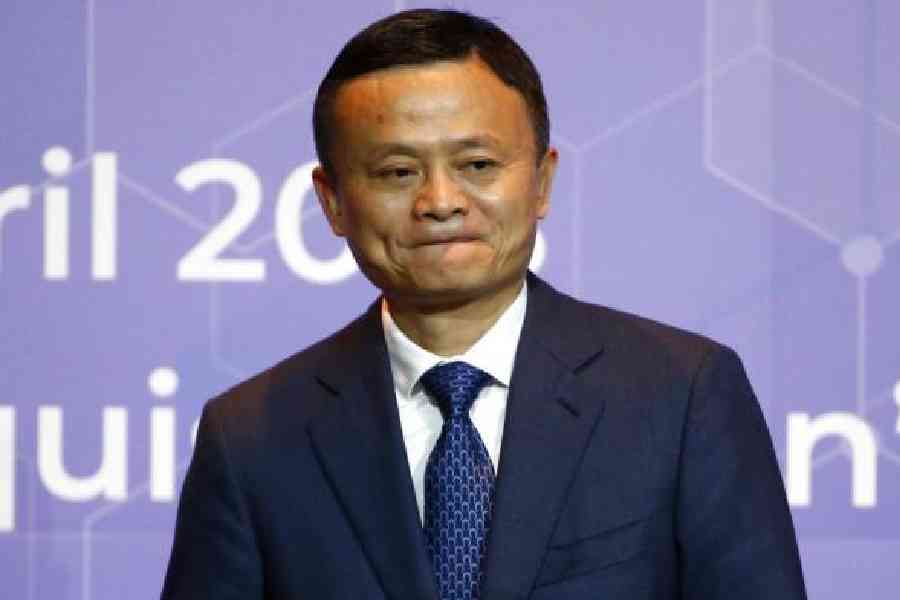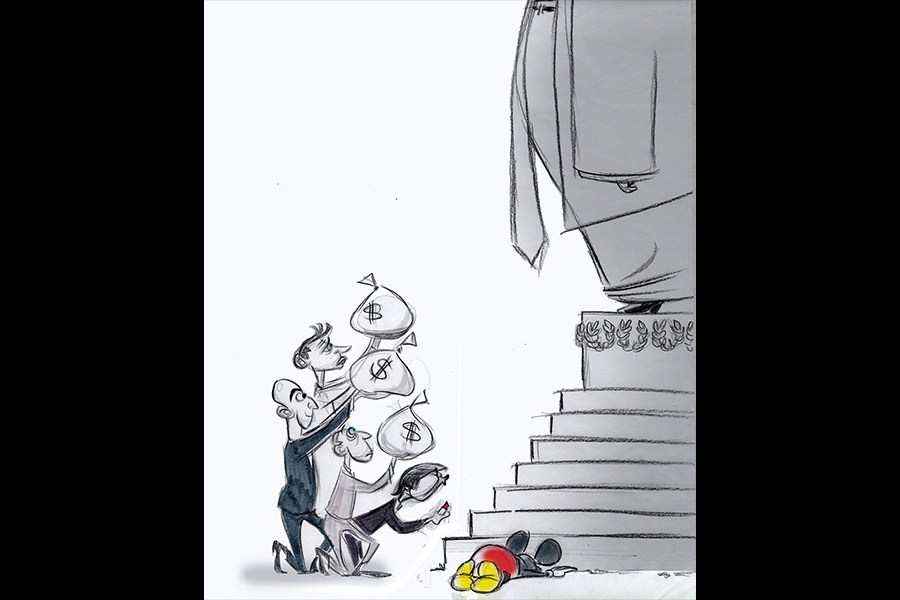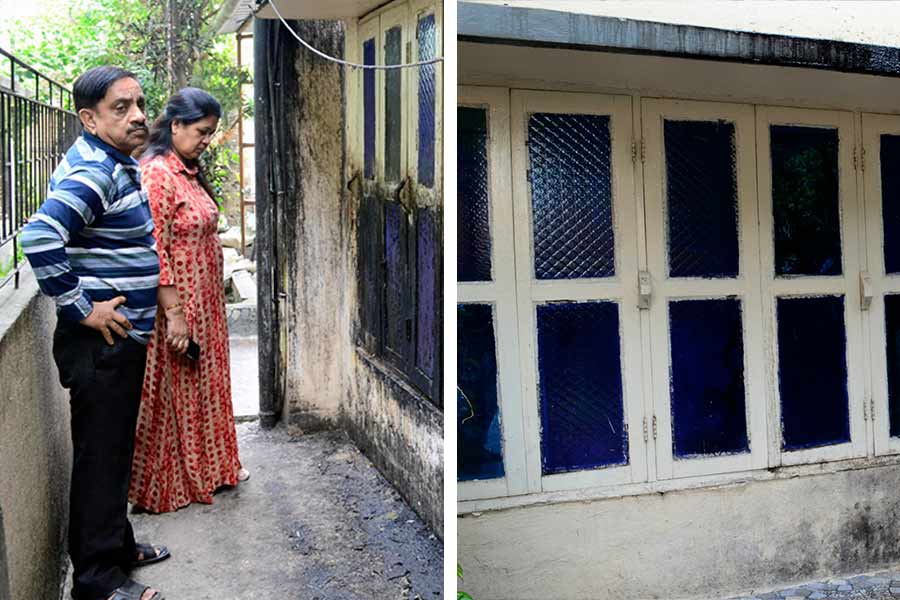No businessman in China was more successful, famous or rich than Jack Ma, whose magic touch turned companies like Alibaba into international juggernauts. He was also unafraid to cross the Chinese authorities, insisting he would not do business with them.
But an investigation by The New York Times and The Wire China found that another Chinese businessman, with deep connections to relatives of China’s political elite, had been secretly investing in Ma’s companies. Through a network of shell companies and stand-ins, that businessman, Xiao Jianhua, entered into deals in Ma’s companies over a period of five years, the investigation found.
Xiao, a billionaire, is now in detention serving a 13-year-sentence for bribery and corruption, a high-profile target in President Xi Jinping’s dramatic consolidation of power.
Ma, for his part, has all but retreated from public life, having no formal role in the companies he founded. A lawyer for Alibaba said that Ma “never had any business relationship with Xiao,” and that “the connections you claim to exist do not have any basis in fact.” Two of Ma’s major partners said they had looked and found no links to Xiao.
Xiao could not be reached for comment, but a former senior executive at his now-defunct company confirmed that it was behind the investments. “As far as we know,” the executive said, “Jack Ma was unaware of those deals”.
Here are some of the takeaways from The Times and The Wire China’s investigation:
The men’s companies were enmeshed in at least $1 billion in deals.
Behind the scenes, Xiao’s Tomorrow Group secured lucrative shares in an array of Ma’s businesses, according to an examination of more than 2,000 confidential documents from the company. There was no evidence in the documents, provided by a former employee, that Ma knew of the transactions.
Xiao controlled his vast empire through offshore entities and proxy shareholders, granting him anonymity as a financier and shielding the investments from public scrutiny.
This had long been part of his playbook. His specialty was as a concierge to China’s princelings — helping the political elite transfer wealth abroad and buy and sell assets. In at least one case, he did so for a sister of Xi, China’s President.
As Ma’s success took off, the Chinese authorities paid more attention to his foreign backers. In September 2011, Chinese investors began increasing their foothold in his e-commerce giant Alibaba, which was majority-owned by foreigners.
That is when Ma and Xiao’s parallel worlds converged.
The new investors included an obscure British Virgin Islands shell company called Financial Giant. On paper, it was owned by a 24-year-old woman whose family, the documents show, served as proxies for Xiao. The $25 million stake she held for him would grow to $160 million when Alibaba went public in 2014.
A movie star’s husband, and friend of Ma, helped Xiao get a piece of Ma’s film business. In at least two of the Xiao-linked investments, Ma’s friend and business partner Huang Youlong entered into the deals on behalf of Xiao’s companies.
One investment was in Alibaba Pictures, a film and television company. Huang and his wife, Zhao Wei, paid about $400 million to acquire a 9 per cent stake. But the couple paid for it with money from one of Xiao’s companies.
Xiao was behind the biggest shareholders in Ma’s brokerage firm. In 2015, Ma and a business partner bought a Hong Kong brokerage and renamed it Yunfeng Financial — the “Yun” in Yunfeng is Ma’s given name in Chinese.
The purchase offers the clearest evidence that Xiao was a crucial shareholder in one of Ma’s companies.
Scholars of China’s economy considered the findings by The Times and The Wire China shocking — and telling. “Finding them connected this way,” said Meg Rithmire, a Harvard Business School professor who has studied Xiao’s financial network, “shows that the Chinese system is so murky that everyone gets caught in the same web.”
New York Times News Service











